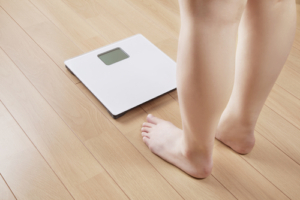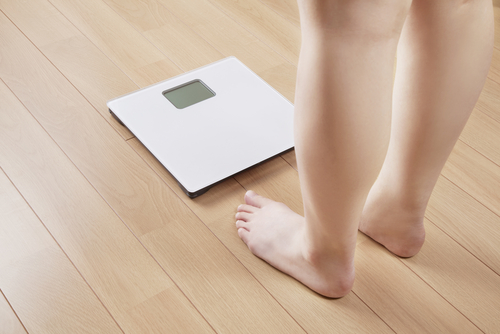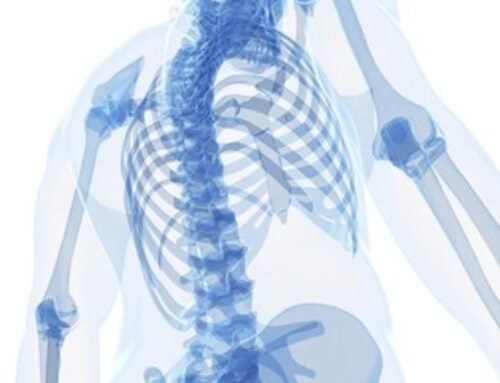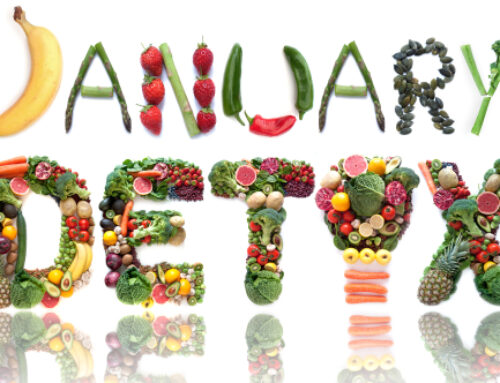As summer memories are packed away, we look forward to autumn as another chance to restart healthy habits. Instead of rehashing previous information, we want to put a twist on it and draw attention to several bad habits that we tend to adopt over time. Many chiropractors believe that recognizing these patterns can assist individuals in avoiding the traditional pitfalls. You may be aware that avoiding sugar, excess carbs, and alcohol, are important steps. But it’s not as simple as choosing eggs over a doughnut, or drinking more water.
The switch to a healthier lifestyle isn’t all about profound changes either. It is accomplished by a few small fixes that can help lower the number on the scale. Let us start with the common sense bad habits that we all know we should avoid.
- Don’t eat in front of the TV.
- Avoid the “Low Fat” or “Diet” labeled foods.
- Stay away from the fast food windows.
- Don’t sit on the couch all day.
These 10 habits are completely sabotaging your weight loss (without you even knowing it):
- Not Being Prepared
Boy Scouts and healthy eaters have the same motto: Be prepared. When your refrigerator and pantry are stocked with the right foods, like lean proteins, non-starchy vegetables, nuts, and healthy fats, you’ll be prepared to eat what you should, when you should. Planning your weekly dinner menu is a great way to make sure your pantry is well stocked with the essentials for that week. Before the week begins, jot down a tentative menu including the shopping list of ingredients for each meal. Take into account your day planner to know how long you have to prepare each meal or if you need to prep some aspects early.
- Stressing Out
Stress creates weight gain because when we’re stressed, we’re not interested in reading labels and making healthy decisions. When you are stressed, you will look for quick and easy solutions; which are typically nutrient void, yet calorically dense. This creates a pattern that will quickly pack on the pounds. These comfort foods produce an emotional response that for the short term delivers a de-stressing feeling. Unfortunately, that feeling is short lived and we return to our stressed out life with an extra pound or two. Stress even targets fat production in the midsection of the body and disrupts our ability to feel full or satisfied while eating.
- Lack Of Sleep
When Americans get tired, we look for energy in two places: sugar and caffeine. Both of these substances can create an environment of high inflammation and create a roller coaster of emotions; triggering one bad decision after another. Eating sugar for energy gives us that immediate high, followed by the inevitable crash, and we stay on a roller coaster ride of sugar induced energy, moods, and weight gain.
A study released in 2006 by researchers at Case Western Reserve University, found that women who missed out on adequate sleep were on average seven pounds heavier than those that slept normally. The cause is linked to hormones, specifically leptin and ghrelin. Sleep deprivation causes a reduction in leptin levels, while also causing ghrelin levels to rise. High ghrelin stimulates the appetite, while low leptin makes you feel unsatisfied after eating, leaving you hungrier during your waking hours and, likely, heavier. This means that sleep loss makes you feel hungry even if you are full and increases fat storage in your body.
- Going Out To Eat
Watch out for restaurant eating since you’ll likely encounter huge portions laden with calories, chemicals, and sugar. Eat at home more often, and you can be in control of what you eat as well as controlling your waistline. If you have to go out, split the meal with a spouse or friend, skip the bread and dessert, and order lean meat with a non-starchy green vegetable. Also, avoid any salad dressing you can’t see through.
- Multi-tasking
Don’t multi-task when you eat. Research has proven that when you eat while distracted by activities such as watching TV, working on the computer, reading a book, or driving in the car, the signal from your stomach to your brain malfunctions and you don’t get the satiety signal. Your stomach is a muscle that has stretch receptors that send a message to your brain that you’ve had enough.
- Adding Unhealthy Toppings To Healthy Foods
A salad for lunch is great, as long as you’re careful about what you add to those leafy greens. The calories and fat in toppings such as cheese, croutons, and creamy dressings can really add up, so use them sparingly, if at all. A great way to cut calories is to substitute bad fats with good fats, measure your dressing, or enjoy it on the side and add as you eat.
- Fruit
Fruit is refreshing in the summer and is packed with vitamins, but it also comes with high-calorie and sugar counts if you’re not careful. Bananas, plums, and mangoes are examples of high-calorie fruits, with 1 cup of mangos weighing in at 107 calories. Enjoy your fruit sparingly and choose lighter fruits, like apples, cantaloupe, or berries, to curb the craving without the carb overload.
- Being dehydrated.
When daily water intake is low, weight gain is likely to follow. Dehydration is a common issue among athletes and health enthusiasts because of how it can impact your physical abilities and fitness goals. It is also responsible for the avoidable but serious health risks. Your body sweats out a lot of water during your workout and you need to replenish. With the way water can affect your body and health, it’s not surprising that skipping hydration post-workout is a bad habit that can cause weight gain.
Water affects how your muscles function. Not drinking enough can cause you to
store fat that should be burned instead. Being thirsty is also often confused with being hungry, so when you don’t drink enough water after your workout you can end up eating way too much. Feelings of hunger can go on for hours when you’re not hydrated. When you eat unnecessarily, the number on the scale rises too. Your best bet is to stay hydrated all the time, including before and after workouts.
So how much water is the right amount? A good guideline is to divide your weight in half and drink that number of ounces per day. A person weighing 180-pounds would shoot for 90 ounces. However, this number may need to be adjusted based upon training goals, temperature, humidity, and medication usage.
- Eating the wrong breakfast.
Breakfast is the most important meal of the day, which is why you should choose foods that provide you with protein, healthy fats, and carbs. Although cereal may be easy for grab-and-go, it is death in a box. Avoid any processed carbohydrate for breakfast as the chemicals and blood sugar destabilization creates the proper environment for cancer and disease. It’s best to start with mostly protein as your starter meal, as it can help balance sugar levels. Think outside the box when it comes to breakfast. Who said that the only protein sources for breakfast foods were sausage, eggs, and bacon? Why not do a protein ball, chicken with a sweet potato, protein shake smoothie, or even steak and eggs? Make breakfast a priority or run the risk of starting your day on the wrong path.
- Liquid Calorie Consumption

Quite possibly the most dangerous habit leading to fat gain is liquid calorie consumption. Your brain does not recognize calories in a liquid form. This means you are most likely to consume many more calories than needed before your brain sends you the signal that you are full. Alcohol, soda, juice, sweet tea, milk, blended coffee drinks, and even fruit smoothies should be carefully monitored or avoided if you are trying to prevent fat gain. These vehicles of calorie intake can rapidly grow your waistline. Likewise, the blood sugar destabilization can create an inflammatory state of the body leading to disease and increased pain. Stick with water, unsweetened green tea, and black coffee.
Behavior modification is about being aware of what you have been doing, being willing to change that, and repeatedly executing new and different behaviors. Over time, small and simple modifications can lead to big changes. What habits do you need to modify? Kicking a few bad habits could potentially change many areas of your life. What could you start today that could lead to a brighter tomorrow? You will never know until you try.
Want more opportunities to make some huge changes?
Check out our
Take advantage of our Early Registration Special!!! Register with a friend and only pay for one person. Only $40 for the two of you to join us September 29th, October 6th, and October 9th. For more information talk to our front desk by calling 1-540-344-1055 or checkout the class here!

Dr. Daryl Rich, DC, CSCS






